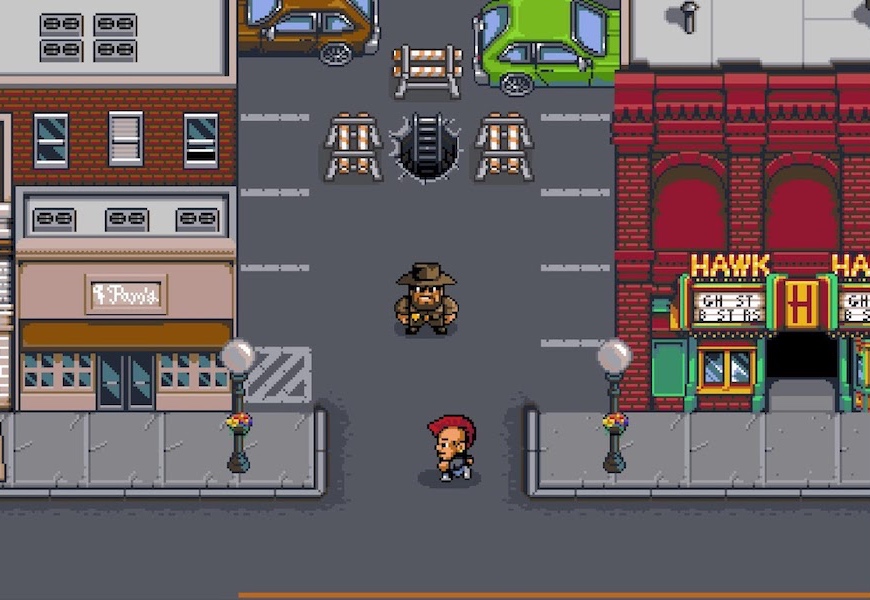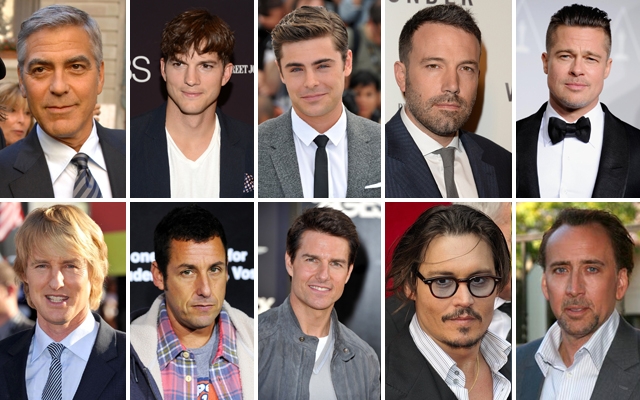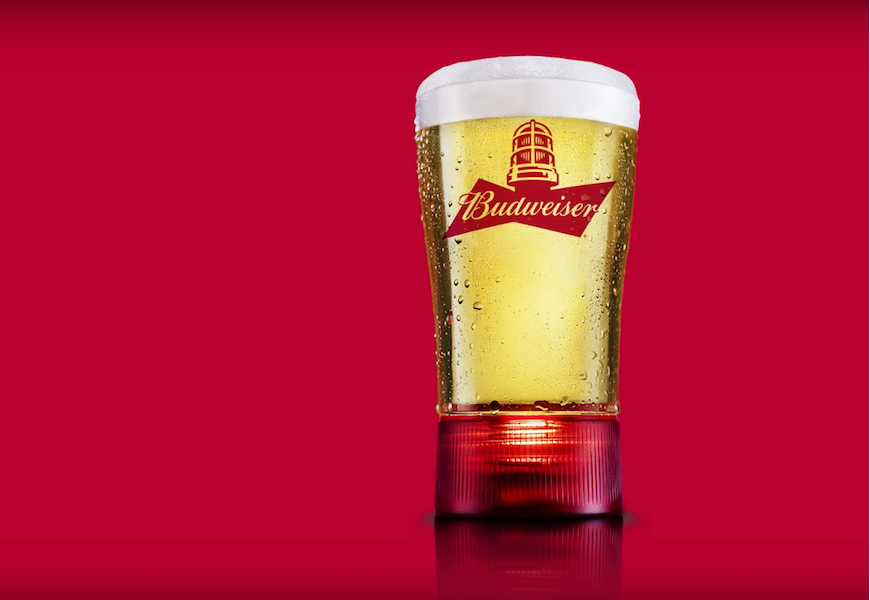There are scores of literary works in the world, which begs the question: which classics should you choose as reading material?
Some books capture the human experience so eloquently that they simply must be read. Obviously, there are more than 5, but here are a few that will get you started:
 The Catcher in the Rye by J.D Salinger
The Catcher in the Rye by J.D Salinger
The Catcher in the Rye is the story of adolescent alienation, as told by the young Holden Caulfield and his failed attempts to bond with different people throughout the book -even those he hardly knows- causes him a lot of frustration. Set in 1950’s America, this is really a coming of age story of how we all feel at a certain point in our lives, especially during our youth, when the so-called adult world appears to be filled with inauthentic experiences and people. A touching read leaves a lasting imprint on the reader-especially those who have struggled to make sense of society, other people and ultimately, themselves.
—
 Brave New World by Aldous Huxley
Brave New World by Aldous Huxley
Although this sci-fi book was published in 1931, it is perhaps even more relevant today, as it is an eerie parallel to our current high- tech and pleasure-obsessed landscape. Some of the ideas in the book-involving genetic engineering, recreational sex, synthetic drugs, psychological conditioning and multi- sensory entertainment- are all realities of life in the 21st century. In the Brave New World, people are bred by test tube, and then judged by their genetic breeding (people are no longer birthed the natural way.) This book is a standard on any list of top novels of all time, and for good reason: it captures the human desire to self-satisfy, and of society’s downward spiral to destroy itself because of this need. As well, it has been the template to countless other sci-fi novels and movies ( see: Gattaca, Children of Men, and many others.)
—
 Crime and Punishment by Fyodor Dovstoevsky
Crime and Punishment by Fyodor Dovstoevsky
It is an unfortunate truth that some people have the capacity to commit murder. In Dovstoesky’s Crime and Punishment, we see how the ordinary man can justify the extraordinary- and heinous- act of murder. Raskolnikov is poor and depressed, and failing out of school. His failures and poverty drive him further to the edge of madness and desperation. He becomes obsessed with the idea of murder, and what it would be like to take a life. At the same time, he wants to do the deed as a sort of moral experiment. He chooses an elderly pawnbroker whom he sees as crooked as his victim, and bludgeons her to death, along with her sister, who is a witness to the event, and thus must be silenced. The “punishment” part of this story is in the guilt and torment he feels after the fact. An epic and profound work that examines the philosophical nature of alienation, despair, nihilism, and morality.
—
 Moby Dick by Herman Melville
Moby Dick by Herman Melville
Moby Dick is the highly symbolic tale that recounts a ship captain’s relentless search for the elusive “white whale.” The story is told through the eyes of Ishmael, a crew member on his ship. The Captain is the one-legged Ahab, and his mission is to seek revenge and terminate the whale that devoured his leg. For much of the book, there is much mystery surrounding Ahab himself, as he remains unseen by Ishmael and the other crew members. When they do finally meet him, Ahab persuades them to join him on his quest to find “Moby Dick.” The ending is dramatic, as is the book as a whole. As far as literary characters go, the Godlike Ahab is a fascinating and memorable one. Like the white whale it depicts, Moby Dick the novel is a rarity, as it manages to be exciting, timeless and profound. Hey, it isn’t considered a Great American novel for nothing.
—
 The Great Gatsby by F. Scott Fitzgerald
The Great Gatsby by F. Scott Fitzgerald
Like Moby Dick, The Great Gatsby is considered to be a Great American novel. And like Ahab from Moby Dick, Gatsby is a God-like character, with a reputation that is grandiose and mythical. The novel is narrated by Yale grad Nick Carraway, whose neighbor, Jay Gatsby, aka The Great Gatsby, lives in the mansion next door to where he rents. Gatsby throws elaborate parties, and when Carraway is invited, he finally meets Gatsby, and the two become friends. As the summer progresses, it becomes apparent that Gatsby is a lot less “great” than he purports, and as his true identity is revealed, the story unravels and drama ensues.












